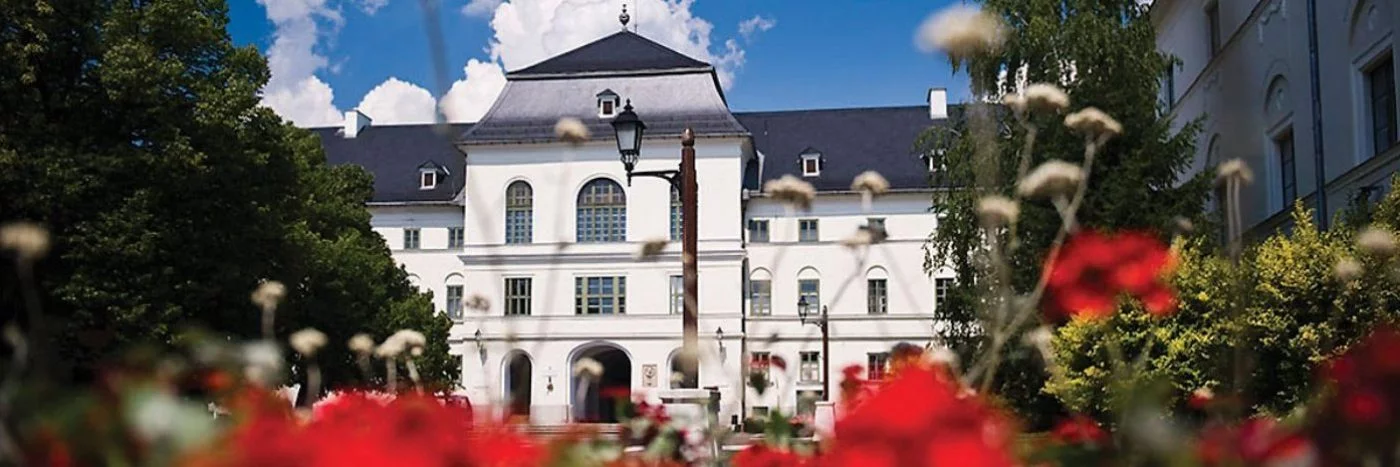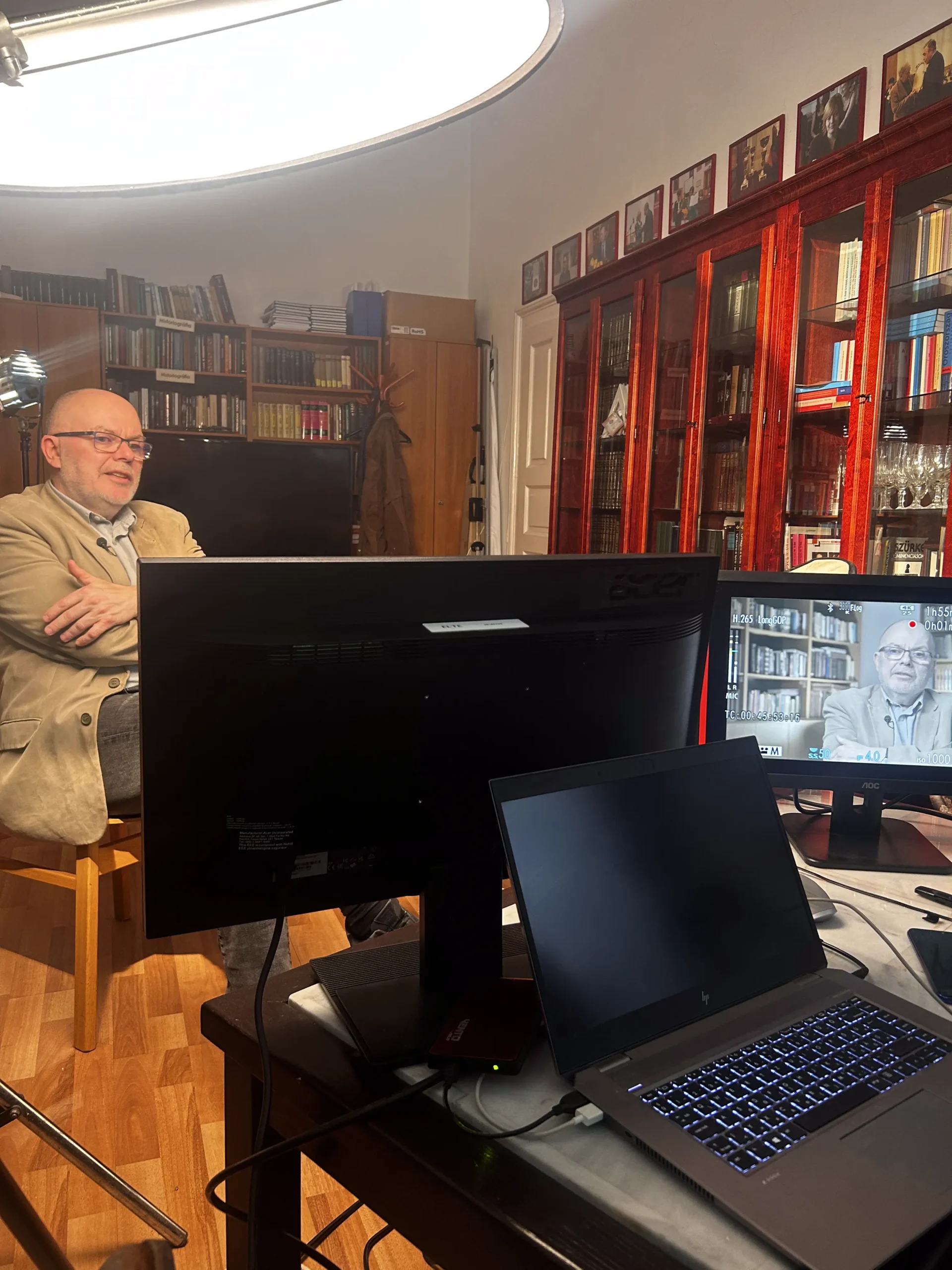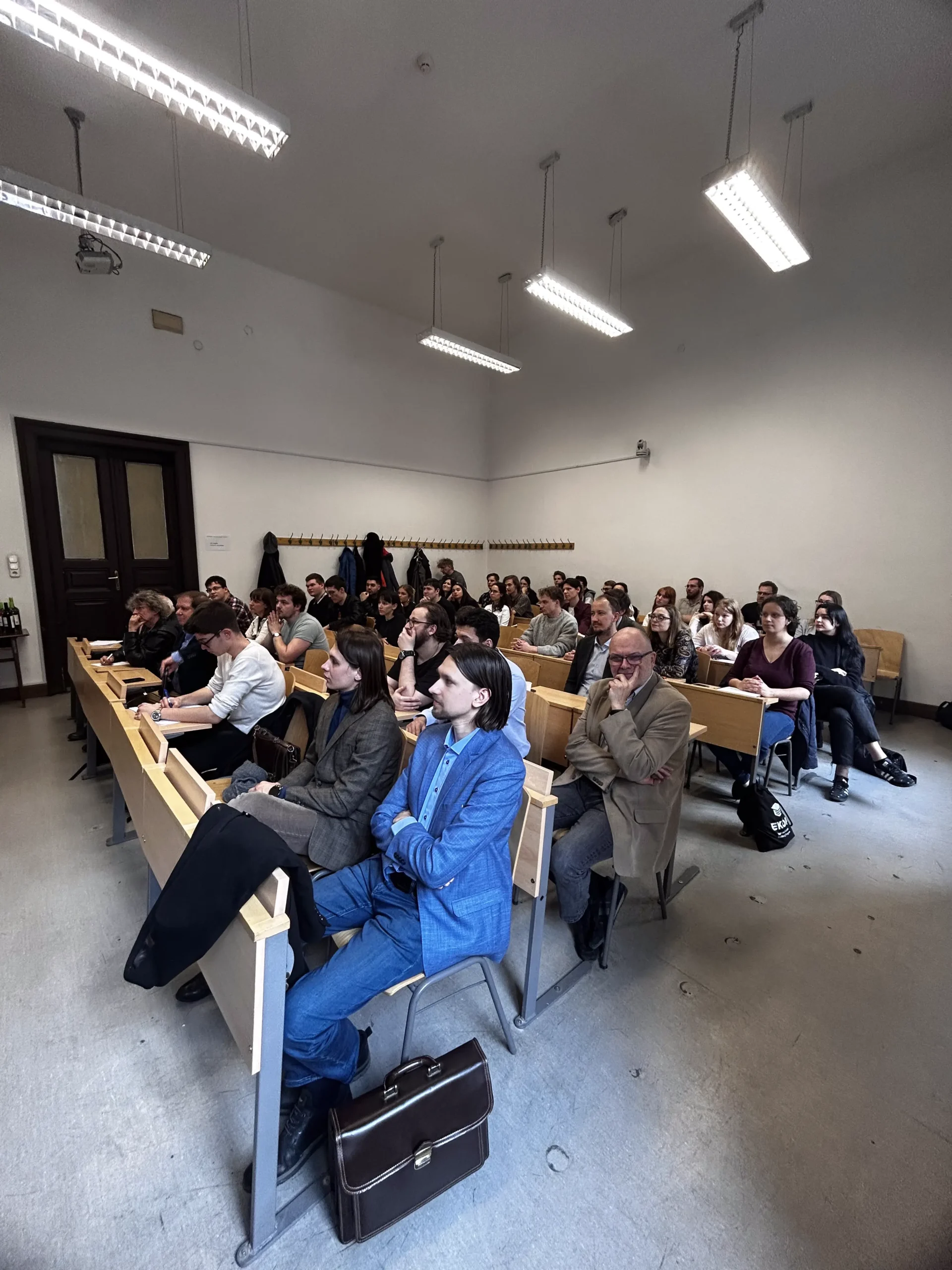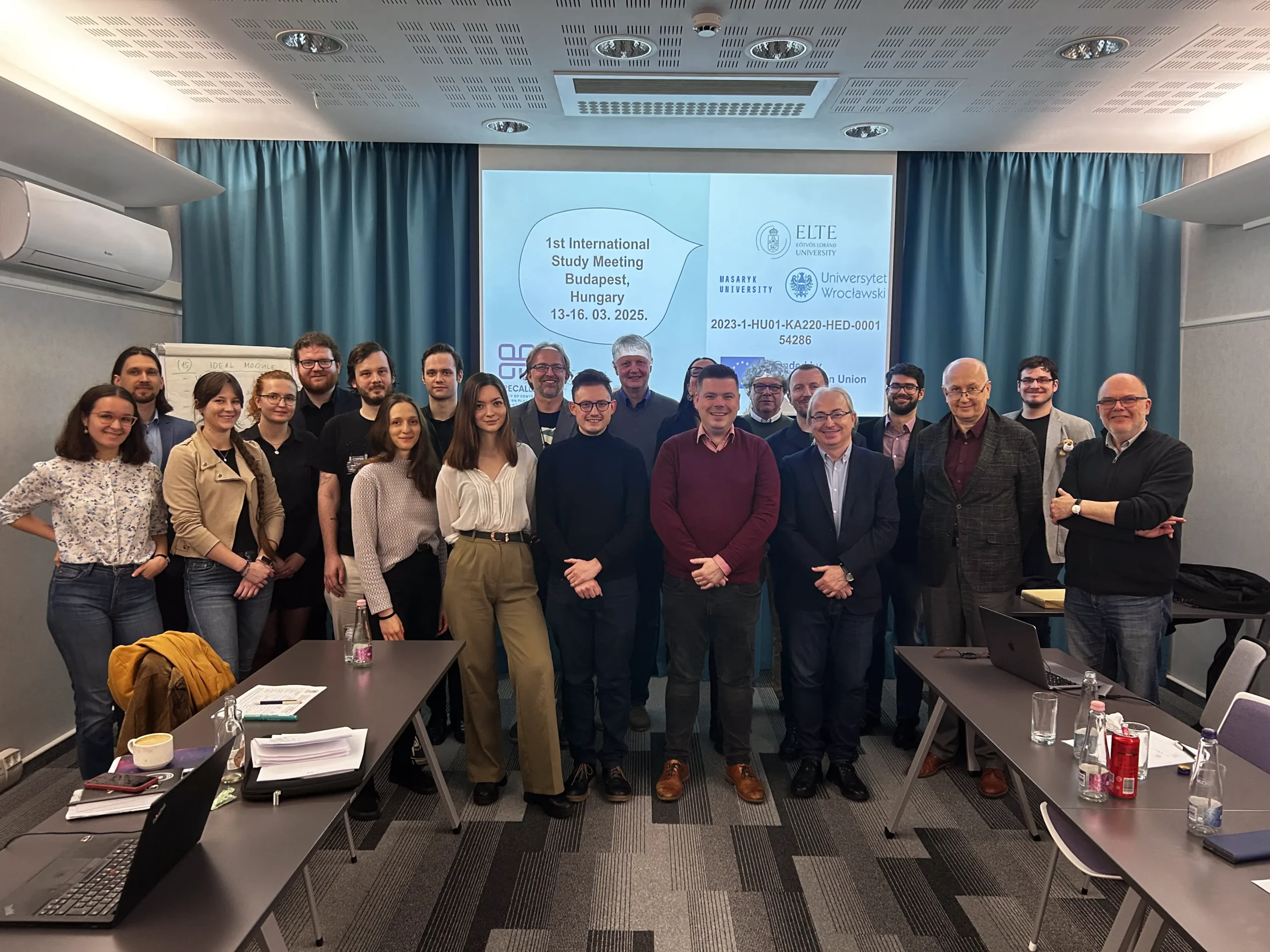Education of the Reformed Church in Hungary – Sárospatak
Fact of the Hungarian figure „First university of Hungary (Universities and sciences)”
Part of the „Transfer of the culture” topic
The town of Sárospatak is synonymous with the education system of the Reformed Church in Hungary, a pivotal institution in Hungary’s religious and cultural history. Since the 16th century, Sárospatak has been a significant center of Calvinist education, especially with the founding of the Sárospatak Reformed College in 1531. The college became one of the most prominent schools of Protestant learning in Hungary, contributing significantly to the dissemination of Reformed theology, humanist learning, and European intellectual trends in Central Europe.
In addition to Sárospatak, several other Reformed colleges played a vital role in shaping Hungary’s educational landscape and Protestant heritage. The Debrecen Reformed College, founded in 1538, became known as the „Calvinist Rome” due to its significance as a theological and cultural hub. It fostered generations of Hungarian intellectuals, contributing to the development of both Protestant thought and the broader Hungarian academic tradition. Similarly, the Tolna Reformed College, established during the Ottoman occupation in the 16th century, served as an important center of learning in the Hódoltság (Ottoman-occupied territories), preserving Hungarian culture and education in challenging times.
The Sárospatak college was renowned for its academic rigor, classical curriculum, and the pivotal role it played in educating generations of Protestant pastors, scholars, and political leaders. These educated elites became key figures in Hungary’s religious, cultural, and political life, often serving as defenders of Hungarian identity during periods of foreign occupation or political turmoil. The institution also fostered strong connections with other Protestant centers in Europe, particularly in the Netherlands, Germany, and Switzerland, promoting the exchange of ideas and the flow of knowledge across borders. Students from Sárospatak often traveled to these countries to study at prestigious universities, bringing back Reformed teachings and advanced academic methods.
One of the most illustrious figures associated with Sárospatak is Comenius (Jan Amos Komenský), a Czech educational reformer and theologian. His tenure at the college from 1650 to 1654 as a professor and rector had a lasting impact on educational practices in Hungary. Comenius advocated for innovative pedagogical methods, emphasizing practical learning, the importance of vernacular languages, and the democratization of education—principles that resonated across the Protestant world and influenced future educational reforms in Hungary and beyond.
In the broader context of Central Europe, the role of the Reformed Church’s educational institutions, such as the Sárospatak College, was crucial in preserving national identity and fostering resilience during centuries of Habsburg Catholic dominance and Ottoman rule. The college not only provided theological education but also became a stronghold of Hungarian cultural life, helping to safeguard the Hungarian language and Protestant beliefs. It was through institutions like Sárospatak that Hungary maintained a link to the wider Protestant Reformation and Enlightenment movements sweeping across Europe.





